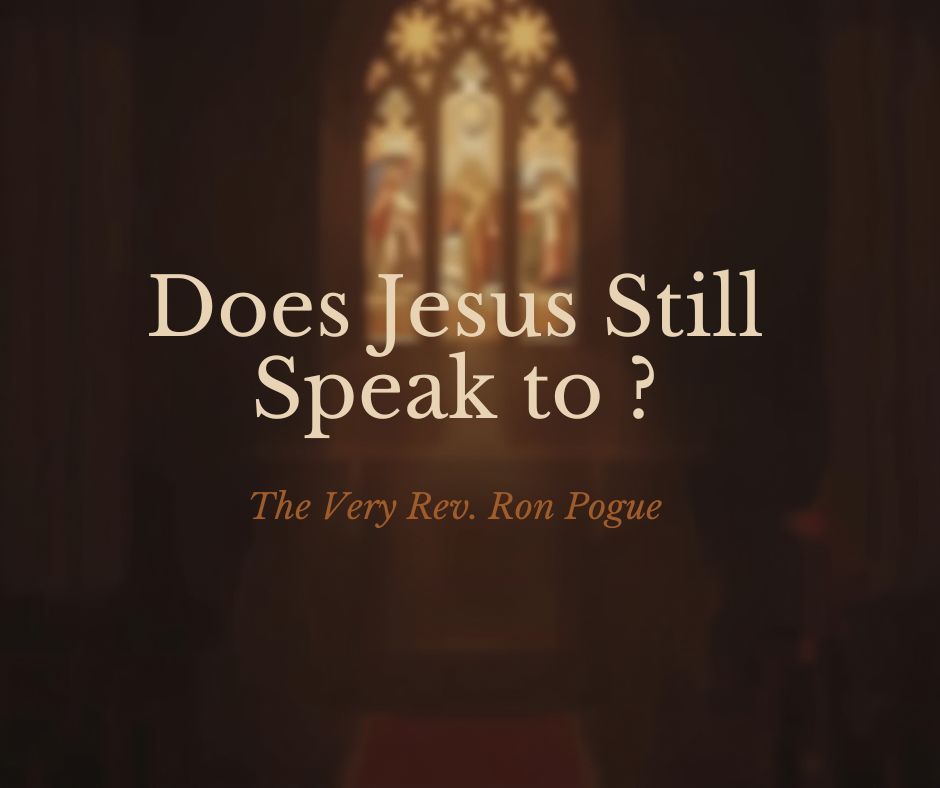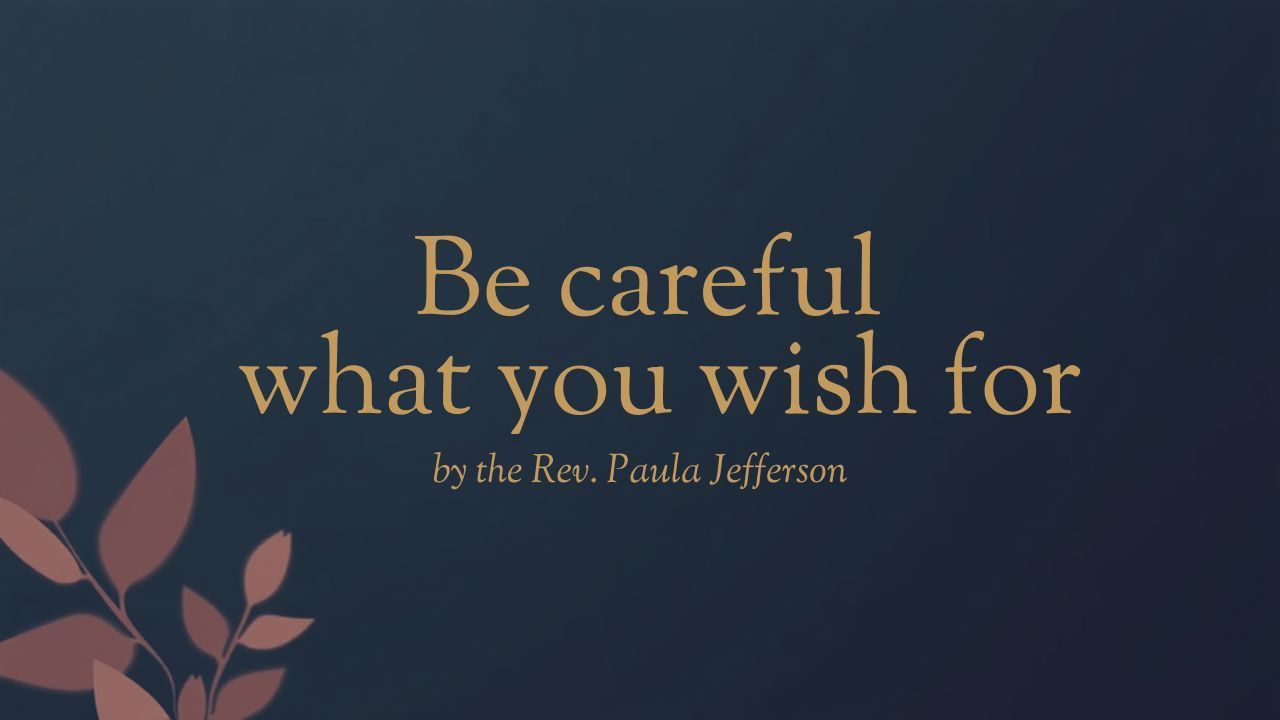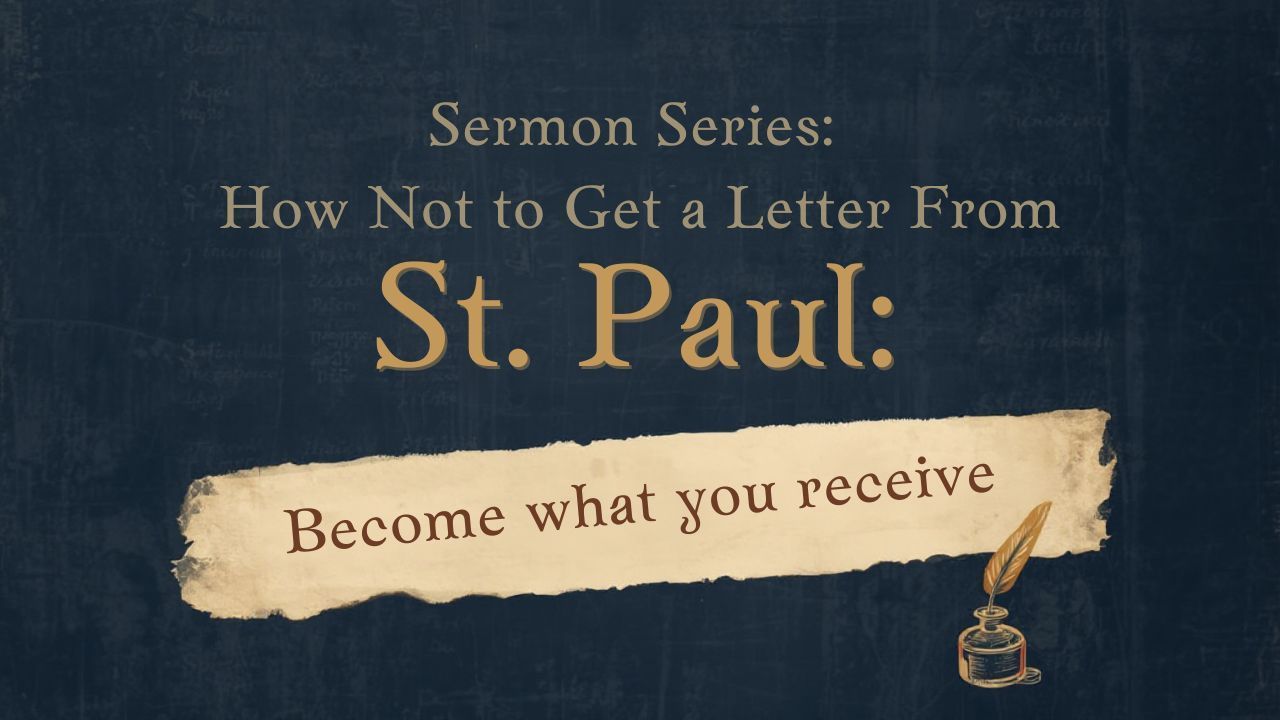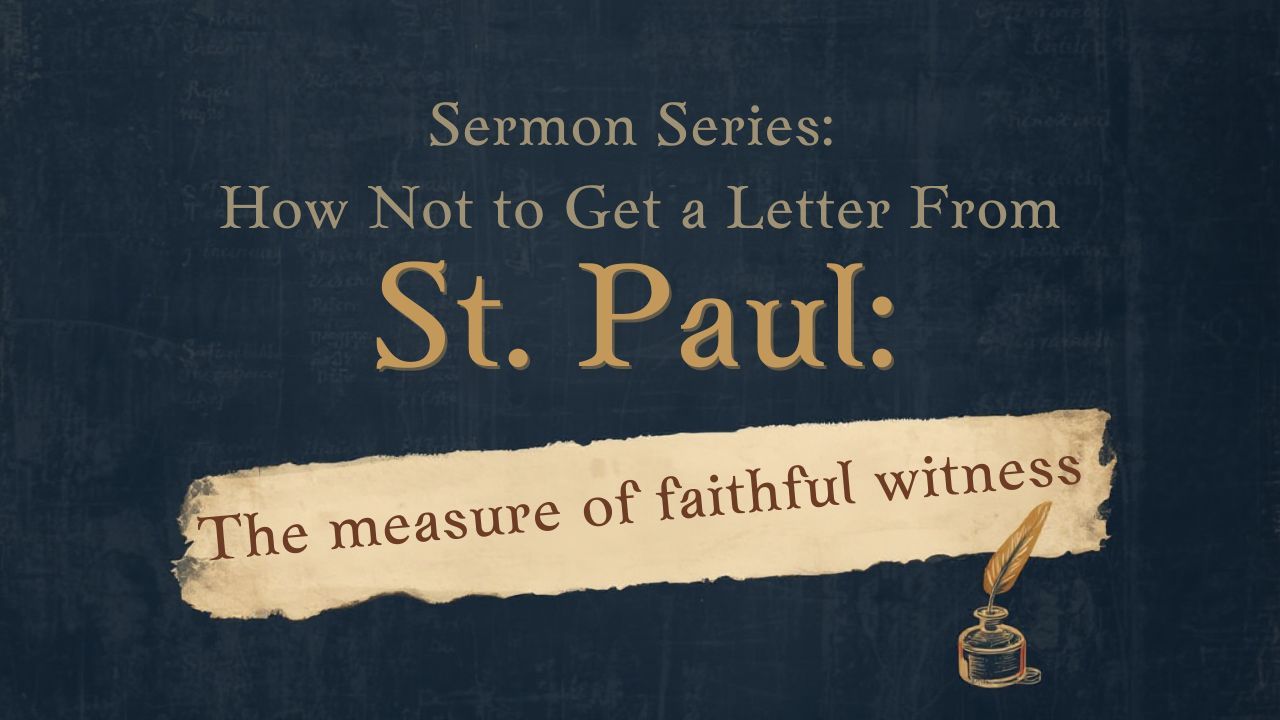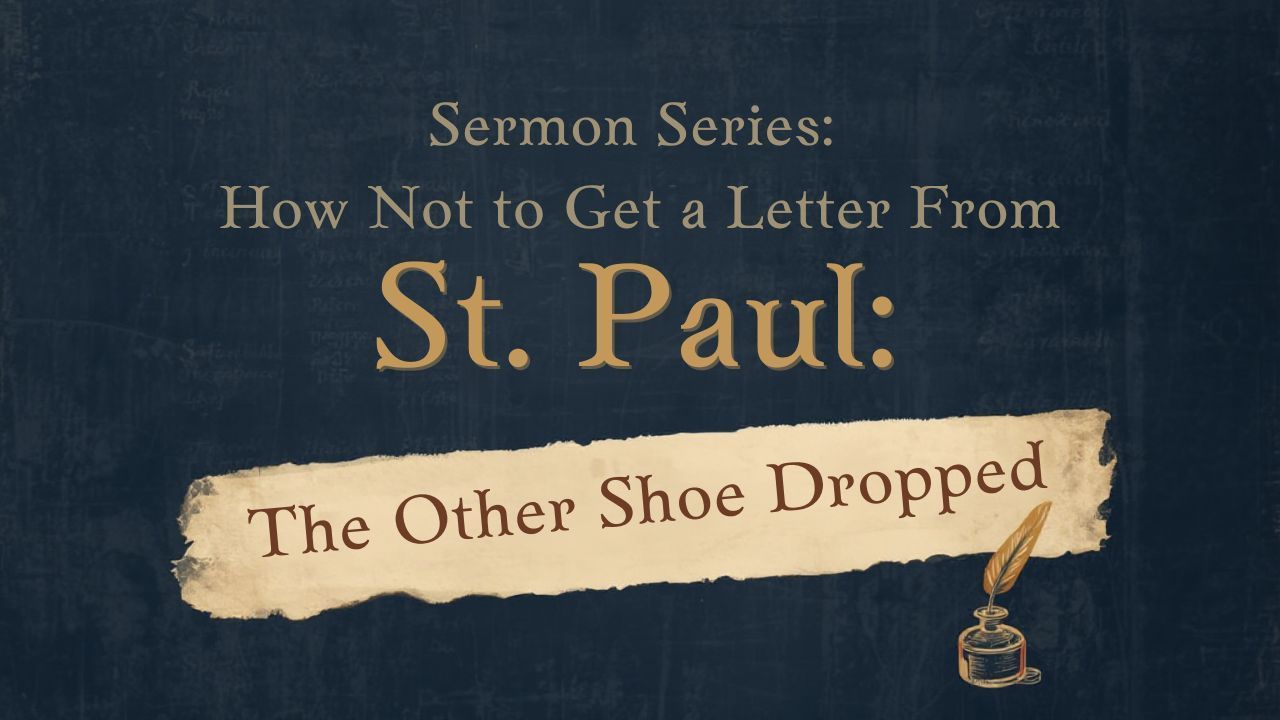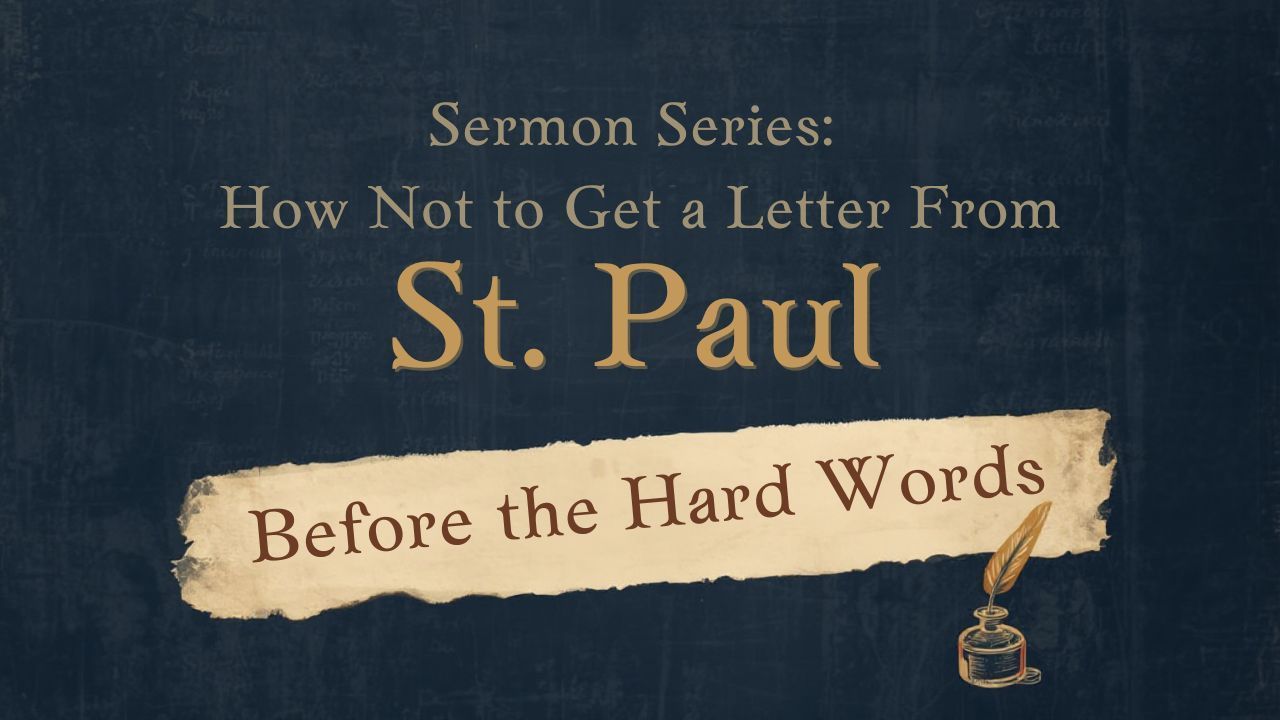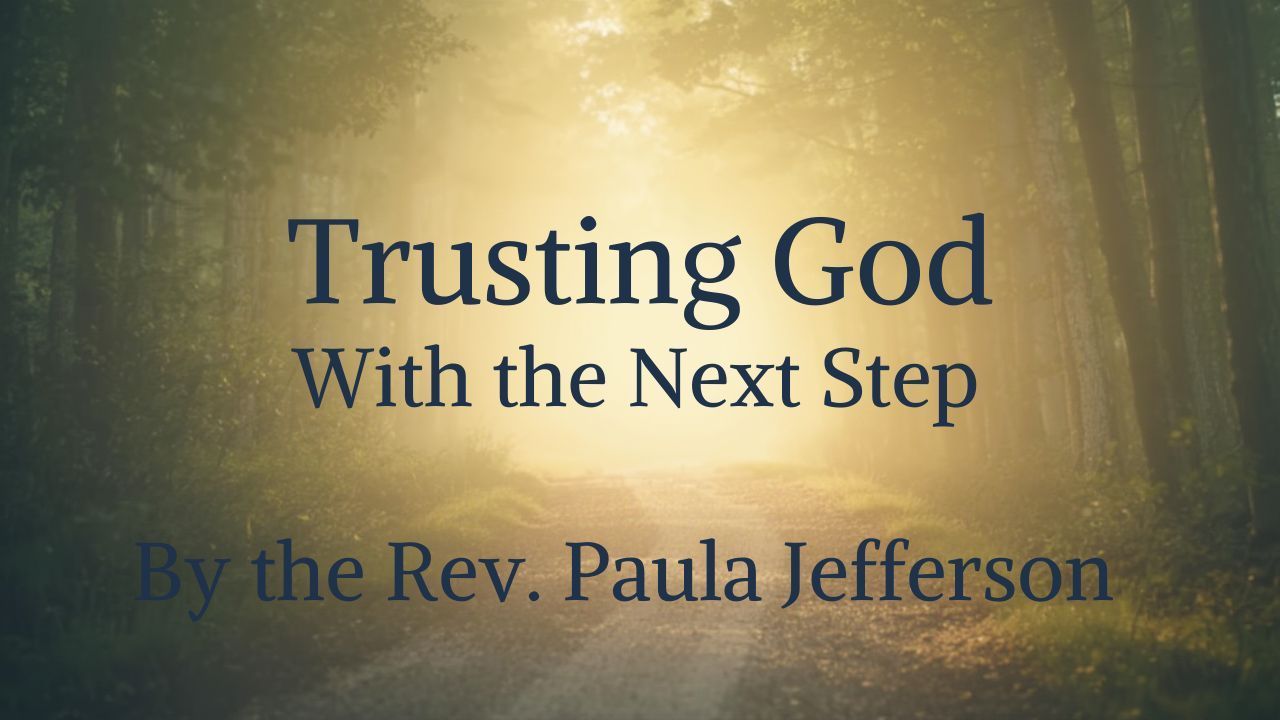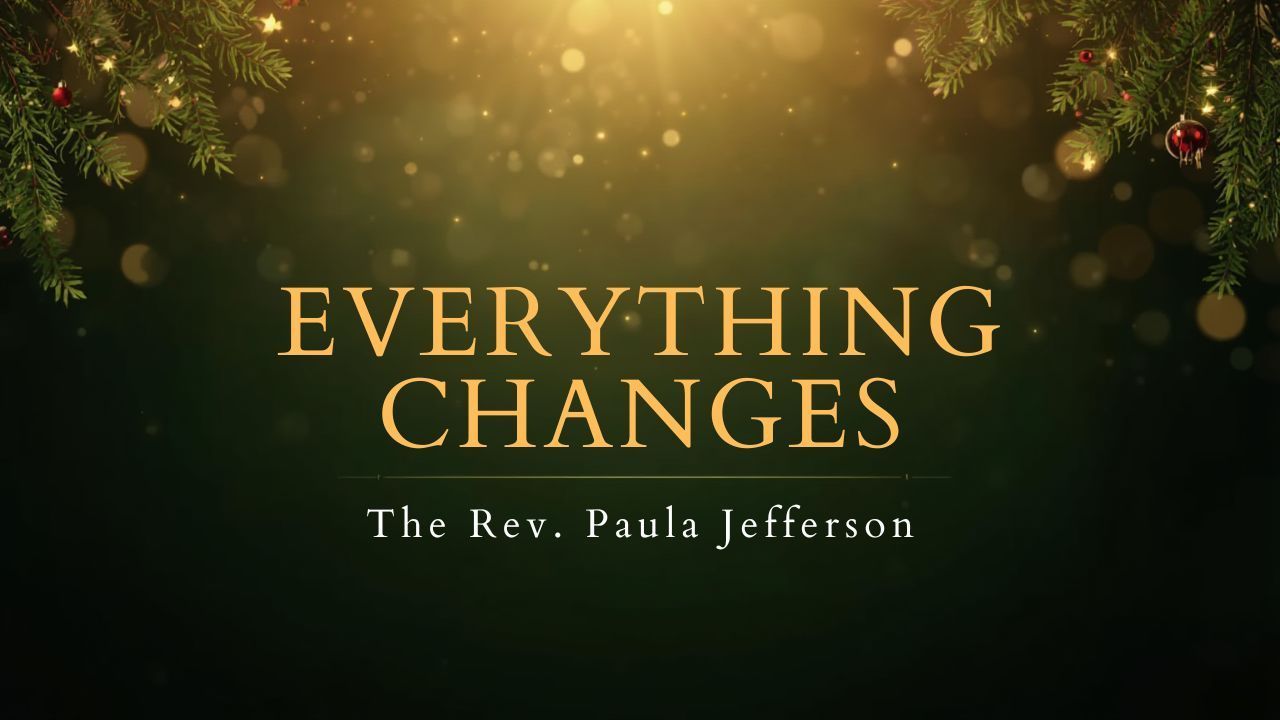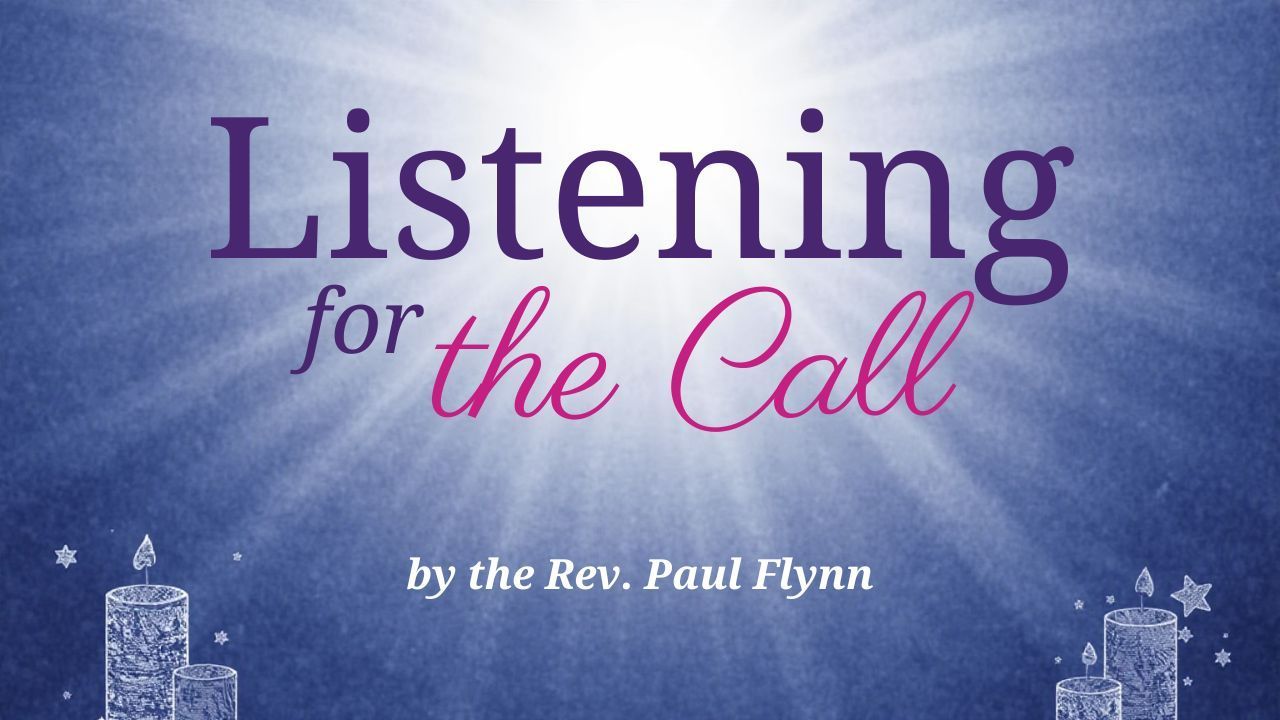Last week, Kelly and I visited. I wanted to know Doris better—not just her biography, but who she was and how she showed up in our world.
At the beginning of our conversation, I asked Kelly, “What are the first three adjectives that come to your mind when thinking about your mom?”
Loving, loyal, and non-judgmental.
Those aren’t just words. They are the values Doris lived.
But as a young child, she had a mischievous streak. Much to her sister’s embarrassment, Doris didn’t care about how her hair looked—she would not comb it. Sometimes, when her sister was entertaining friends, young Doris would pop out of a closet, hair a mess and an impish “I’m up to something” smile on her face.
Doris was born in 1931—a pivotal time in world history. The 1930s and early 1940s were hard years for American families. The Great Depression and World War II changed America—and Americans. Doris grew up with a hard-working mom who labored long hours to keep the family afloat. But she couldn’t take her children to her workplace.
So, when Doris was five years old, she and her sister were enrolled in a Catholic boarding school. That would be her life until she was eleven. It was the beginning of Doris’ education and an opportunity to learn about God, liturgical worship, and daily prayer. The rhythm of a God-centered life began in that place.
When it was time to choose a career, Doris knew she wanted to be a nurse. But nursing school was expensive. She was working at the corner grocery store in her neighborhood and was known to many of the shoppers. An anonymous group of women pooled their resources and paid for Doris’ nursing school education. Her employer created time in her workday—on the clock—so she could study and not fall behind in her homework.
When she began nursing school, Doris had her own room for the first time in her life.
The women who chose to underwrite her schooling empowered Doris to flourish. They recognized something special about her. And they were right. Thirty years later, she earned a bachelor’s degree in Health Sciences and then a master’s degree in Public Health Administration. Her career was extraordinary.
As a mom, Doris was fully engaged. I loved Kelly’s stories about Doris joining her in reading Harlequin romance novels and taking piano lessons together. They loved sharing the theater and museums and simply being with one another. Doris was always curious about Kelly’s thoughts and opinions. They shared a lovely balance of being mother and daughter—and friends.
When she moved to Texas, Doris developed special relationships with each of her three grandchildren. She loved who you are and who you are becoming.
She was curious and empathetic—and when you pair those attributes with the gift of being non-judgmental, the soil is ready for beautiful relationships to grow.
Doris embodied peace. Even in her final days, her peacefulness was palpable.
In the reading from Romans, Paul reminds us that we all have two ways of seeing the world—through a worldly lens and a spiritual lens.
Doris’ worldly focus was evident in her dedication to her career in nursing, her commitment to her family, and her involvement in her community.
She used her worldly lens to see the needs around her—and she responded to them. She cared for patients, was present for Kelly and Patrick, served as the chauffeur and Snack Lady for her grandchildren and their friends, and served in organizations like the NAACP and church guilds. Doris showed up.
The spiritual lens gives us clarity, purpose, and hope. It helps us see beyond the surface of daily struggles and joys, focusing instead on eternal truths. This is the lens that helps us find meaningful peace—the capacity to be non-judgmental, loving, and loyal—even when life is hard.
Throughout her life, Doris held both a worldly and a spiritual perspective. She lived out her faith in tangible ways while balancing her responsibilities with deep faith.
As I thought about this homily, I found myself asking the same question Thomas asked in the Gospel reading: How can we know the way?
When someone who has been a constant presence in our life is suddenly gone, how can we know the way forward?
In some ways, all of our lives parallel the story in John’s Gospel. Jesus knows that he will die. He has shared that news with the people he loves. And they are freaking out. He has been the cornerstone of their lives—they’ve been together every day. He brought them into ministry, taught them, and empowered them to go into the world. Because, like a parent, he knew from the beginning that he would leave them one day.
The disciples could not understand—or maybe they didn’t want to understand. And now the time is here. Jesus will not change the outcome of his physical life.
Instead, he will do the loving thing—he will reconnect them to the very reason he is among them: physical death is not the end of his story. It is the beginning of a new chapter—for him, for Doris, and for us.
Doris is a tough act to follow. But for those of us who have been blessed by her presence in our lives, her legacy is ours to carry into this world. Her love, her grace, her peace—all of it resides in you.
